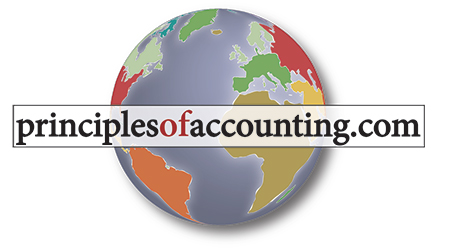
Your goals for this “budgeting” chapter are to learn about:
- The importance and use of budgets within an organization.
- The budget process and the impact of human behavior.
- The various components of a master budget.
- Budget periods and budget adjustments.
Chapter 21 is about budgeting. The chapter begins with an examination of the importance of budgets to planning and shaping an organization’s activities. Budgets also provide a communication and feedback tool. Not to be overlooked are the human dimensions of budgeting. Budgets can be mandated or developed by participative processes. They require estimations and are subject to failings, such as deliberate introduction of slack. Budgeting is sometimes done on an incremental basis by beginning with a prior period plan, but an alternative is zero-based budgeting that requires justification of all expenditures each period.
A comprehensive budget will include many components, but generally begins with planned sales. Sales drive production budgeting, including materials, labor, and overhead. The production budget must interface with the cash budget. The entire process can culminate in budgeted financial statements. Carefully linked electronic spreadsheets prove quite helpful in budgeting, and a comprehensive illustration is shown.
The chapter concludes by discussing budget periods and cycles. Businesses might utilize a continuously updating (perpetual) budget, in lieu of a single static budget that is intended to span well into the future.
